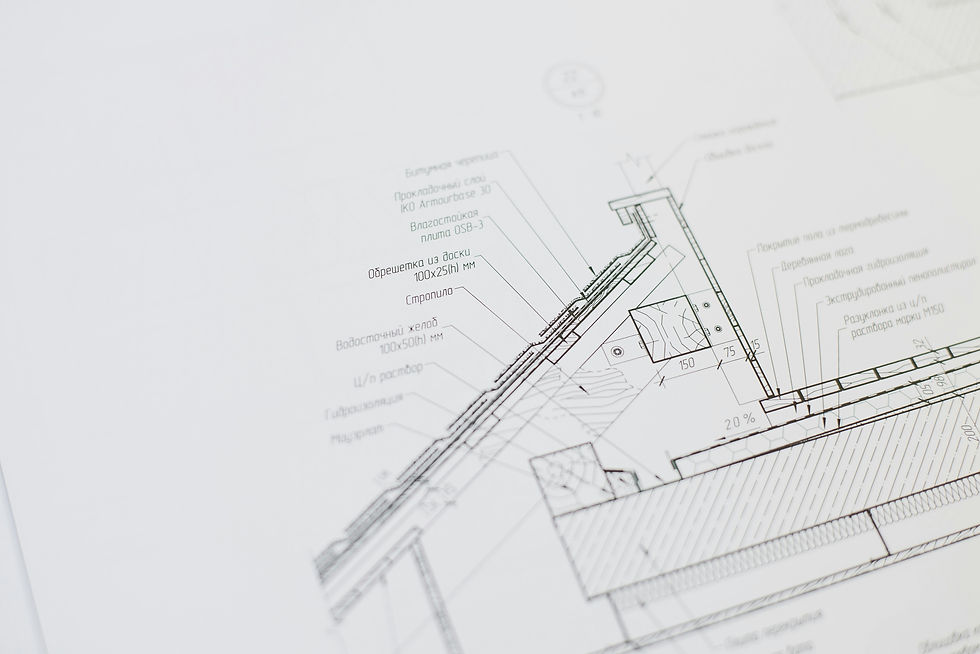Top Tips for Tackling Your Civil Engineering Assignment Like a Pro
- imrankhandigital64
- Jan 27
- 3 min read

Civil engineering assignments can be daunting, but with the right approach, you can tackle them with confidence and clarity. Whether you’re dealing with structural analysis, construction management, or environmental concerns, following a strategic plan can help you produce high-quality work. Here are some top tips to ensure you handle your civil engineering assignment like a pro.
1. Understand the Assignment Brief
Before diving into your civil engineering assignment, carefully read through the brief. Understanding the requirements will help you determine what’s expected and how to approach the task. Pay attention to the specific instructions, any guidelines on word count, and the key topics or concepts that should be addressed. This is the foundation for your assignment’s success.
2. Plan Your Time Efficiently
Effective time management is crucial when it comes to completing assignments. Break your task into manageable parts and allocate time for each. Don’t forget to factor in time for research, writing, revising, and even seeking help if needed. Planning ahead ensures that you’re not overwhelmed by last-minute work and can submit your assignment on time without sacrificing quality.
3. Research Thoroughly
Civil engineering is a field that’s constantly evolving, so your research should reflect the most recent findings and developments. Use reliable sources such as textbooks, peer-reviewed journals, and reputable websites to gather information. Researching thoroughly will provide a strong foundation for your arguments and help you present well-informed ideas in your assignment.
4. Master the Key Concepts
A good understanding of the core principles is essential for any civil engineering assignment. Brush up on the basic concepts, theories, and formulas relevant to your task. The better your grasp of the subject, the easier it will be to apply that knowledge to the assignment. Make sure you’re comfortable with concepts like fluid mechanics, structural design, soil mechanics, and environmental engineering, depending on your topic.
5. Use Visual Aids Effectively
Civil engineering often involves complex concepts that are easier to understand with visuals. Don’t hesitate to incorporate charts, graphs, tables, or diagrams where appropriate. Visual aids not only break down complex data but also make your assignment more engaging and easier for your professor to follow. Just be sure that your visuals are clear, properly labeled, and directly relevant to the content.
6. Show Your Problem-Solving Process
Don’t just present the final answers or results; show your process! Civil engineering is all about problem-solving, and your professor will appreciate seeing the logical steps you took to arrive at your conclusions. Whether you’re working on calculations, analysis, or design, detailing your approach helps demonstrate your understanding of the topic.
7. Use Software Tools
Civil engineering often requires using specialized software, from AutoCAD for drafting to MATLAB for mathematical modeling. Familiarize yourself with the tools that are commonly used in your field and incorporate them where necessary. Not only will this save you time, but it will also allow you to present your work in a more professional manner.
8. Seek Expert Assistance
If you're struggling to grasp a concept or need additional help, don’t hesitate to reach out for expert assistance. Whether you ask a professor, a classmate, or seek out civil engineering assignment help online, getting guidance can make all the difference in producing top-tier work. Don't let confusion or frustration hold you back.
9. Review and Revise
Once you’ve completed your draft, take time to review and revise it. Check for errors in grammar, spelling, and punctuation, but also ensure that your arguments are clear and logically structured. Revising allows you to refine your work and make sure it’s as strong as possible.
10. Stay Organized
Organization is key to staying on top of your civil engineering assignments. Keep all your research notes, drafts, and references in an organized manner. A well-organized assignment is easier to write and read, and it also reduces the chances of leaving out important information or making mistakes.
Conclusion
Tackling your civil engineering assignment requires a combination of planning, research, understanding of key concepts, and organization. By following these tips, you’ll be able to approach your assignment like a pro, produce high-quality work, and improve your grades. Remember, when in doubt, don’t hesitate to reach out for expert help.



Comments